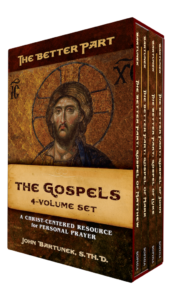Podcast: Play in new window | Download (Duration: 29:00 — 20.0MB) | Embed
Subscribe: Apple Podcasts | Spotify | Amazon Music | Android | Pandora | iHeartRadio | JioSaavn | Podchaser | Gaana | Podcast Index | Email | TuneIn | Deezer | Anghami | RSS | More
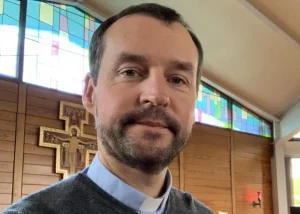
HP2 – Creating Space for Prayer – The Heart of Prayer with Fr. Éamonn Bourke
Fr. Éamonn Bourke and Kris McGregor discuss the why, how, and what of “prayer”. In this episode, they explore a creating space for prayer. They also reflect on the witness of Servant of God Dorothy Day.
Here is an excerpt from their conversation:
Fr. Éamonn Bourke:
Absolutely God constantly speaks to the human heart at certain times. Do we stop and listen that God is always prompting us? God will never give up on us. Always drawing us back to life and to love. And sometimes if we can just allow his presence in, he can inspire greatness in the midst of a kind of mediocre in our life. You know, when things are just sometimes even a mess, you know, but he will never give up on us. So if you are listening today and you think that God has given up on you or that there is no hope for me or I can’t, this, what we’re talking about here is for somebody else or it’s for the theologians, for the, the Saint, spirituality and, and holiness and sainthood is open for all of us and God is constantly calling us so we can become holy in the midst of all wherever your family life is, or your work life is, or your school life is that her called a holiness there.And he called Doorothy Day into something incredible. And she had the courage to stop herself and say, okay, I’m not sure what this is, but I’m want to go with it. And one thing I often think of people , especially young people. I think they’re often afraid to enter into the misre prayer or to enter into holiness or enter into the spiritual life because they feel they’re gonna miss out on something or it’s gonna cramp prompt their style, or, you know, they’re going to look foolish among their friends and that kind of stuff, but actually God never takes away. He always gives. So when we enter into the mystery prayer, we don’t lose anything, we actually gain an abundance. So if you can realize that we have nothing to lose by stilling ourselves and entering to the mystery of prayer because God wants to give us the kingdom abundance more than we can ask or imagine.What I love about Dorothy Day is her spirituality and her faithfulness brought her to recognize God, not just in herself, but in the people around her and even in people that other people had written off. I love this story where the elderly man had gone to live in the home that they’d set up in a, his language wasn’t particularly, um, suitable for children. If you know what I mean, and he was a bit abusive and that kind of, and people were saying, no, you must throw this man out on the street. He’s causing problems here. And she didn’t. She said, we must love this man. And it turned out the man was in the early stage of Alzheimer’s. So he was actually struggling mentally, which was causing him to act in this way. But her love and her patience with this man helped him to die with dignity. So she was able to see the presence of God. And I think that’s what happens when we entered to mystery of prayer. We begin to see the presence of God, even in the midst of our problems, even in the midst of the people around us who get on our nerves, even in the midst of the worries of life. But as we know, the world is full of beautiful people and beautiful things as well. So it’s about recognizing that.
Father Éamonn Bourke is a priest of the Archdiocese of Dublin, Ireland and served as Vocations Director for the diocese, as well as Pastor in a number of its parishes. Trained as a spiritual director in the contemplative style, he now serves as Chaplain to University College, Dublin, the largest University in Ireland.
⇨For more episodes in the series visit : The Heart of Prayer with Fr. Éamonn Bourke – Discerning Hearts Podcasts





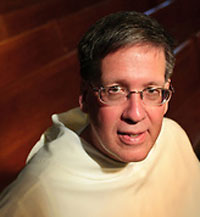
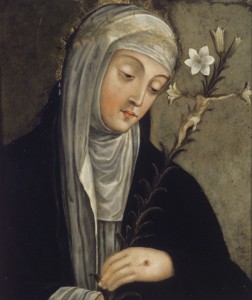
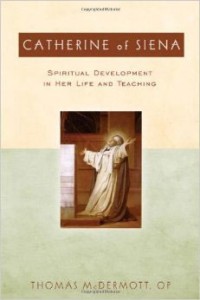

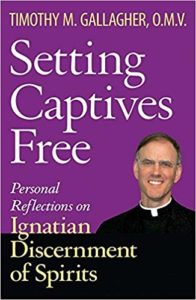

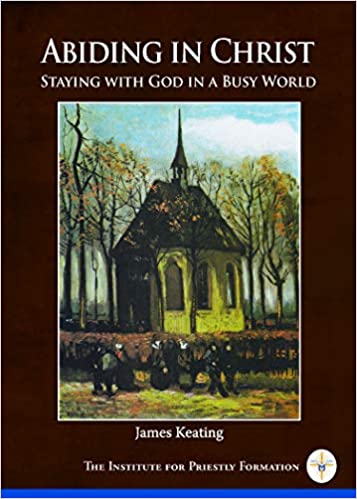
 In
In 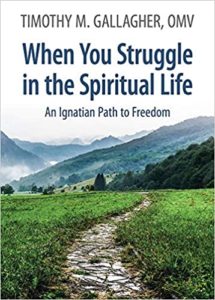

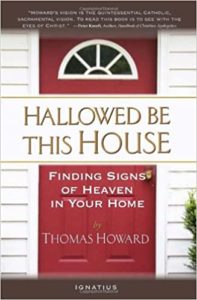
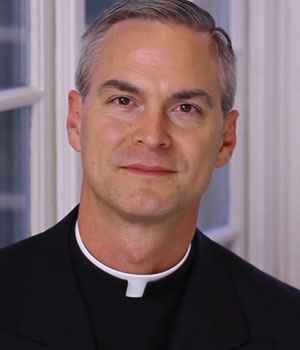 With Fr. John Bartunek, we continue with part 2 of our discussion on “The Better Part: The Gospels.” During our conversation, we discuss the importance of prayer and the scriptures, the nature of spiritual direction, and how we can develop our friendship with Christ. It’s always a joy to talk with Fr. Bartunek. We couldn’t recommend this 4-volume set more highly.
With Fr. John Bartunek, we continue with part 2 of our discussion on “The Better Part: The Gospels.” During our conversation, we discuss the importance of prayer and the scriptures, the nature of spiritual direction, and how we can develop our friendship with Christ. It’s always a joy to talk with Fr. Bartunek. We couldn’t recommend this 4-volume set more highly.
